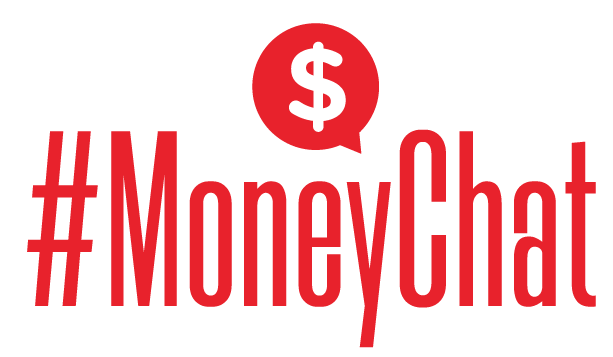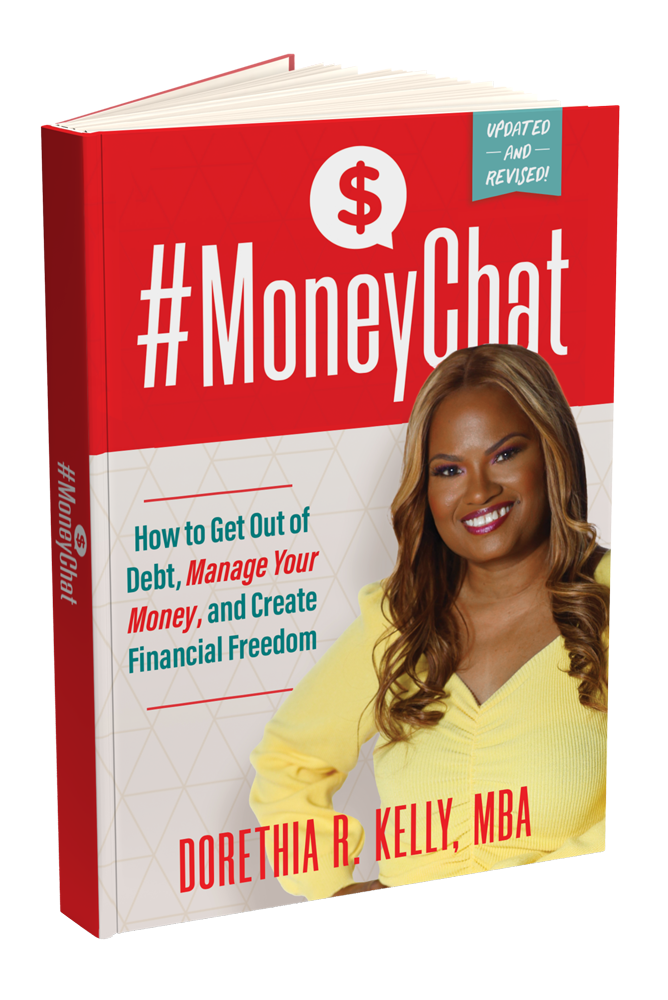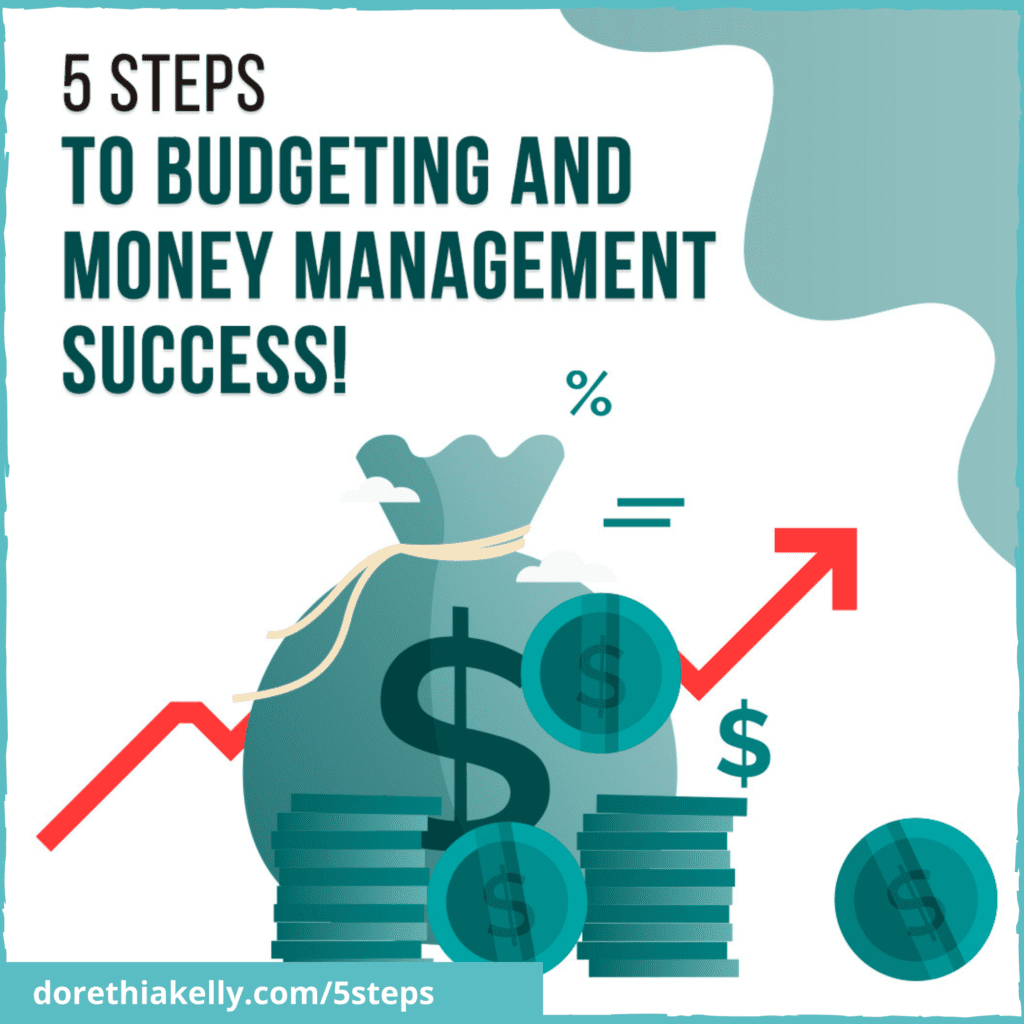For many Americans, a 401(k) plan serves as the cornerstone of their retirement savings strategy. However, relying solely on a 401(k) may not provide the level of diversification needed to weather the unpredictable ebbs and flows of the market. Also, you may not have the privilege of having a 401(k) account to invest in if your employer doesn’t offer it or if you’re self-employed. Being able to invest outside of your 401(k) can offer additional opportunities for growth and stability.
Here’s how you can effectively expand your investment horizons.
Understanding Investment Options
Before we start exploring all your options, it’s important to level set and understand which investments you can include in your strategy. Here are some common securities you may want to invest in depending on your goals.
Stocks
Think of stocks as owning a piece of a company. When you purchase shares, you’re buying a stake in that business, which can yield two types of investment returns: capital gains, which is the profit from selling a stock for more than you paid for it, and dividends, a share in the company’s profits.
Bonds
Bonds are fixed-income investments; they are loans you give to the government or a company in exchange for periodic interest payments—much like a savings account, but with a higher return. At the end of the bond’s term, you receive the amount that was initially invested, known as the principal.
Real Estate
Investing in real estate could mean purchasing property to rent out or selling it for a profit, otherwise known as “flipping.” This tangible asset offers the potential for steady passive income and historically appreciates in value over time.
Mutual Funds
A mutual fund is a collection of money from many investors that is managed by a professional investment team. It buys stocks, bonds, and other securities, operating under the combined objective of growing your money and spreading the investment risks.
Each avenue has its pros and cons, which we will explore further to align with your investment temperament and goals.
Remember to Assess Your Risk Tolerance
Before venturing outside your 401(k), understand your risk tolerance. Investments beyond retirement accounts may involve higher risk, but they also offer the potential for greater returns. Consider your age, financial goals, and comfort level with risk when determining how much to allocate outside your 401(k).
Now, let’s get to the alternative ways to invest outside of your 401(k).
Open an IRA
An Individual Retirement Account (IRA) is a tax-advantaged investment account that allows individuals to set aside a portion of their earnings with the intention of using it for retirement. Unlike a 401(k), which is sponsored by an employer, an IRA is something you open on your own.
One lucrative advantage of an IRA is the broad spectrum of investment options it offers, from stocks and bonds to mutual funds and ETFs. Additionally, you can open a Roth IRA, which provides tax-free growth and tax-free withdrawals, under certain conditions.
If you’re self-employed, a Simplified Employee Pension (SEP) IRA might be the best fit, as it also allows you to contribute tax-deductible funds while keeping investment earnings tax-deferred until you withdraw them.
Use a Health Savings Account
Beyond safeguarding against health care expenses, a Health Savings Account (HSA) serves as an investment vehicle because contributions are tax-deductible or pre-tax, earnings grow tax-free, and withdrawals are not taxed if used for qualified medical expenses. While an HSA is primarily a savings account you can contribute to and reimburse yourself for out of pocket medical expenses, you can usually start investing HSA contributions once you reach a threshold of $1,000 to $2,000.
One strategy to leverage the dual benefits of an HSA for both health care needs and retirement planning is to contribute the maximum amount annually, but pay for medical expenses out of pocket. This way, your HSA can grow like a traditional IRA, and you’ll have a medical expense safety net for later in life.
Open a Brokerage Account
Another was to invest outside of your 401(k) is with a brokerage account. A brokerage account acts as an intermediary between you—the investor—and the stock exchange. With a brokerage account, you can buy and sell various securities at your discretion without the restrictions typically imposed by retirement accounts.
Opening a brokerage account empowers you to hand-pick your investments and gives you the freedom to trade stocks, bonds, funds, ETFs, options, and more. However, unlike a retirement account, a brokerage account doesn’t come with tax advantages, so it’s important to be mindful of the tax implications of your trades.
Real Estate
Real estate can be a valuable addition to your investment portfolio. Whether through direct property ownership, real estate investment trusts (REITs), or real estate crowdfunding platforms, real estate investments can provide diversification and potential passive income streams.
Start Small
Do you have a spare room in your home? Consider renting it out through platforms like Airbnb or turning it into a long-term rental. The income you generate functions as a beginner’s foray into the real estate market.
Real Estate Investment Trusts (REITs)
A REIT is a company that owns, operates, or finances income-generating real estate. You can invest outside of your 401(k) by purchasing shares in a REIT to effectively gain a slice of the real estate pie without the hassle of physical property management. REITs also provide high-dividend yields, making them attractive for income-oriented investors.
Crowdfunded Real Estate
Through real estate crowdfunding, investors can buy fractional ownership in larger properties alongside thousands of other investors, making it an accessible entry point into this asset class.
Platforms like Fundrise and RealtyMogul specialize in real estate crowdfunding, with investment options that cater to various risk tolerances and investment horizons. This is a hands-off approach to real estate investing that offers potential returns without the direct responsibilities of property management.
Summary
With several ways to invest outside of your 401(k), you can narrow down your options to see what works best for you. It’s important to remember that investing is about playing the long game and it’s okay to start small. Explore and experiment with your investments, learn from the process, and gradually build your financial acumen. With each investment made, you’re not just growing your money; you’re investing in your financial independence and security.
In order to grow your investment contributions, you’ll want to budget for investing and plan your finances accordingly. Learn more about budgeting and managing your money for success by downloading the free guide.














0 Comments